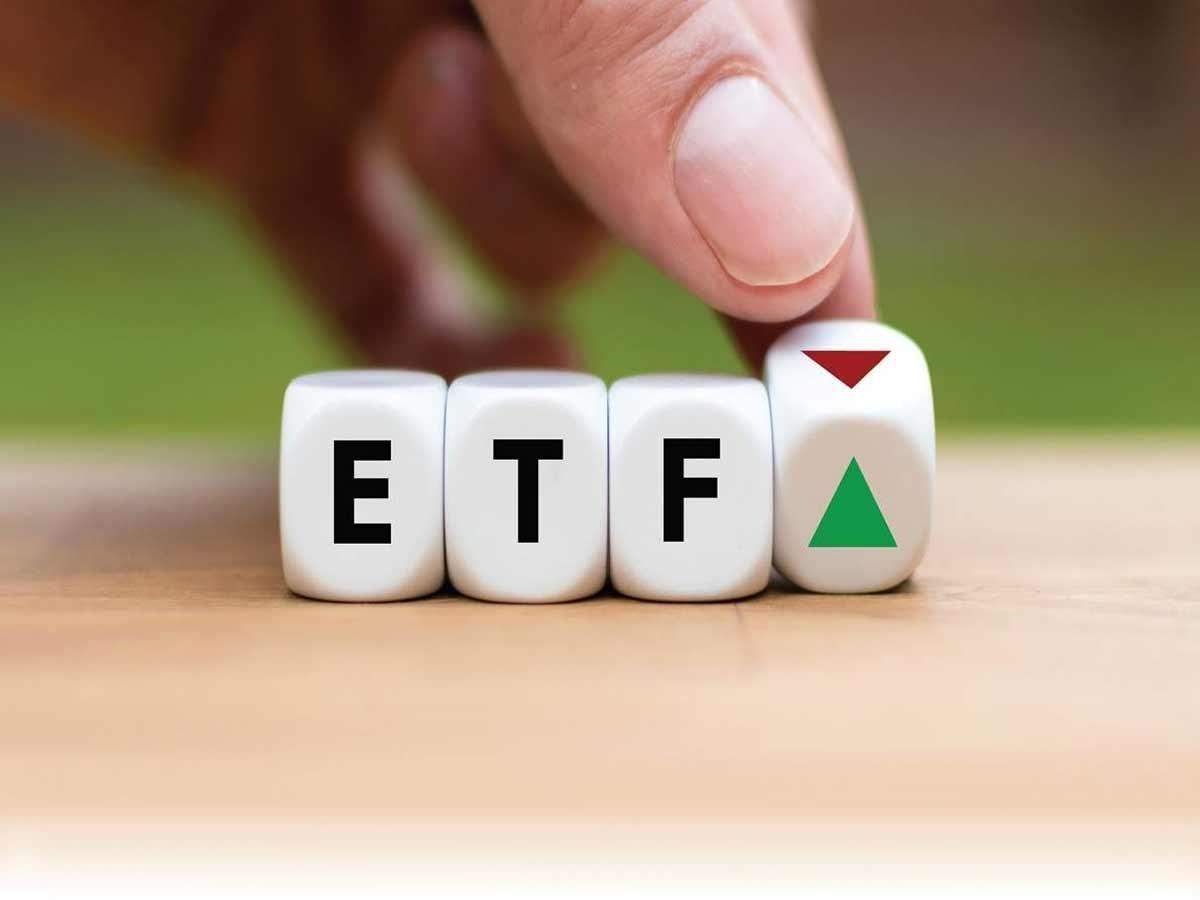Exchange-traded funds (ETFs) are affordable, transparent, and simple. The fact that they tick so many boxes is one of the reasons why they are so popular among investors and traders. It is understandable that all these factors have got you interested in these funds. So, if you are planning to trade ETFs as well, then here are a couple of things you need to know.
What Exactly are Exchange-traded Funds?
An ETF is an investment fund that is traded on the stock exchanges – similar to equities. It holds assets like bonds, commodities, or stocks. On a trading day, an ETF trades closer to the net asset value. Think of it as a group of securities that keep tracking the market behaviour of a stock market index.
Unlike any other mutual fund, ETFs get traded on the stock markets just as company shares. They are not meant to outperform beyond any limit. ETFs are focused on tracking the underlying factor. The fund manager on trading platforms invests in stocks in the market index in order to imitate the performance.
Types of Exchange-traded Funds
Here are some of the common ETFs that a financial consultancy will ask you to consider:
- Currency ETF: These funds are made to keep track of the relative valuation of a currency or a group of currencies.
- Bond ETF: These funds are invested in just bonds.
- Commodity ETF: They invest in commodity derivatives markets or commodities.
- Inverse ETF: They invest in derivatives to earn profits from the declining value of the related market index.
- Industry or sector ETF: These funds track the performance of a sector or industry.
Benefits of Exchange-traded Funds
Given below are the most important benefits of investing in an ETF:
Lower Costs:
Thanks to the lower ongoing cost of ETFs, they can be your choice for affordable investments. As investment managers don’t need to make active investment decisions for these funds, their prices are lower than other actively- managed funds.

Transparency and Ease:
ETFs trade on the stock market, and that makes it easier to buy them. Moreover, as an investor, you have a clear picture of what the ETFs have. So, there are no hidden charges or agendas involved.
Diversification Benefits:
Investments made through ETFs are a great way for portfolio diversification. Through diversification, you are potentially exposed to countless individual stocks.
Reinvestment of the Dividends:
The dividends that are derived from different firms in the open-ended ETFs get immediately reinvested. On the other hand, mutual funds have a more variable reinvestment timing.
Wide Variety of Markets:
You can gain exposure to various areas of a financial market through ETFs. Thus, you can give your portfolio exposure to real estate markets, commodity markets, and foreign markets.
Hopefully, all the benefits associated with ETF investments have caught your attention. So, talk to your consultant or portfolio manager about making that investment now.

